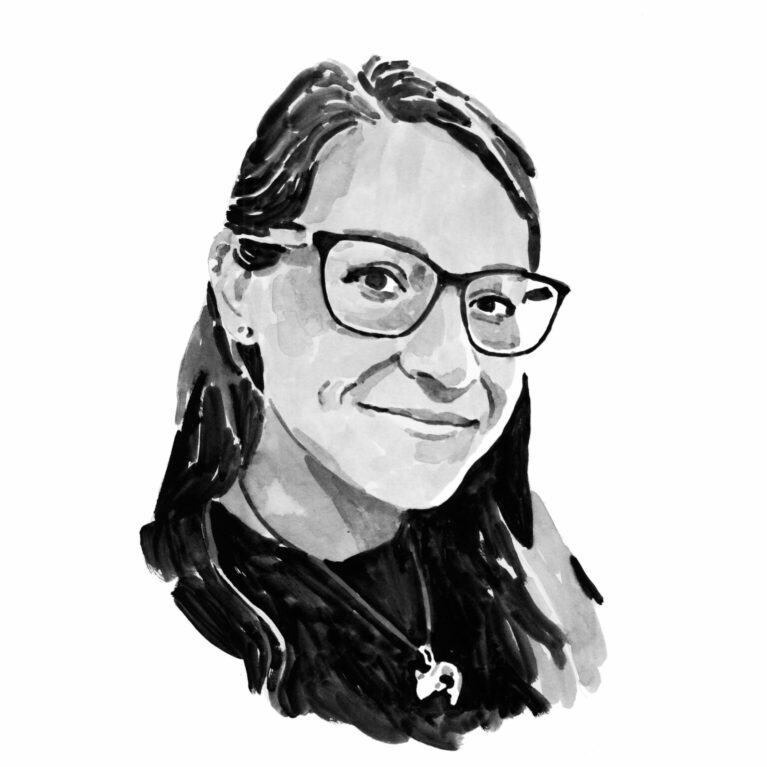Alexandra McInturf

Who I am
Originally from the landlocked city of Cincinnati, Ohio, I was quite young when my interest in the ocean first developed. I credit this fascination to my initial fear of sharks and unfamiliarity with the marine environment, which prompted a decades-long exploration of the sea and its predators. I began by volunteering at the local aquarium and reading every book I could find on sharks and their relatives. After graduating from university with degrees in biology and English, I interned with the Bimini Biological Field Station and through the Oceans Research programme in South Africa, obtaining hands-on field-work experience to complement my theoretical knowledge. I then completed my PhD in animal behaviour from the University of California, Davis, studying how fish respond to different elements of their environment, from the tide to climatic cues. I focused specifically on threatened organisms, including basking and sevengill sharks and Chinook salmon. Following my PhD, I took up my current position as a postdoctoral researcher at Oregon State University’s Big Fish Lab. My projects vary widely, from studying the social lives of basking sharks to the foraging ecology of salmon sharks. I am also interested in the role of sharks in fisheries globally.
Where I work
I have been fortunate to work all over the world, but my current projects centre in two primary locations. First, I am based along the west coast of North America, where I study highly mobile shark species (specifically salmon sharks) that move along the coasts of Oregon, Washington, California and Alaska. Second, I am co-coordinator for the Irish Basking Shark Group and have been working with the world’s second largest shark species around the coast of Ireland for more than five years.
What I do
As a postdoctoral researcher, I have many active research projects simultaneously. My daily routines vary widely, depending on which projects are my focus at the time. You might find me in the field for days or even a month, where I wake up at 6 am to prepare the tags for deploying and then wind down my evenings around 10 pm after downloading data from recovered tags. I am also frequently coding in R, building maps of animal tracks and measuring their relationships with different environmental factors. If I’m not in the field or working on analysis, I may be mentoring students in the lab, dissecting stomachs to determine their contents or leading an outreach event for non-scientists.
The Save Our Seas Foundation is enabling me to focus on one specific project: determining the next steps in conservation for the Pacific spiny dogfish. There are three major tasks for this work. First, I spend many days on the water in areas recommended by the fishing community to capture and acoustically tag juvenile dogfish. We then need to collect their movement data from acoustic receivers all along the Oregon and Washington coasts. Second, I examine these dogfish movements geographically and throughout the water column, associating the tracks with environmental factors and the age class of the individuals. Finally, these data will feed directly into the next stock assessment for this species, so I engage in multiple meetings and discussions with the stock assessors to ensure our results will fit into their modelling framework. I am also writing a report with management-specific recommendations for the Pacific Fisheries Management Council.
